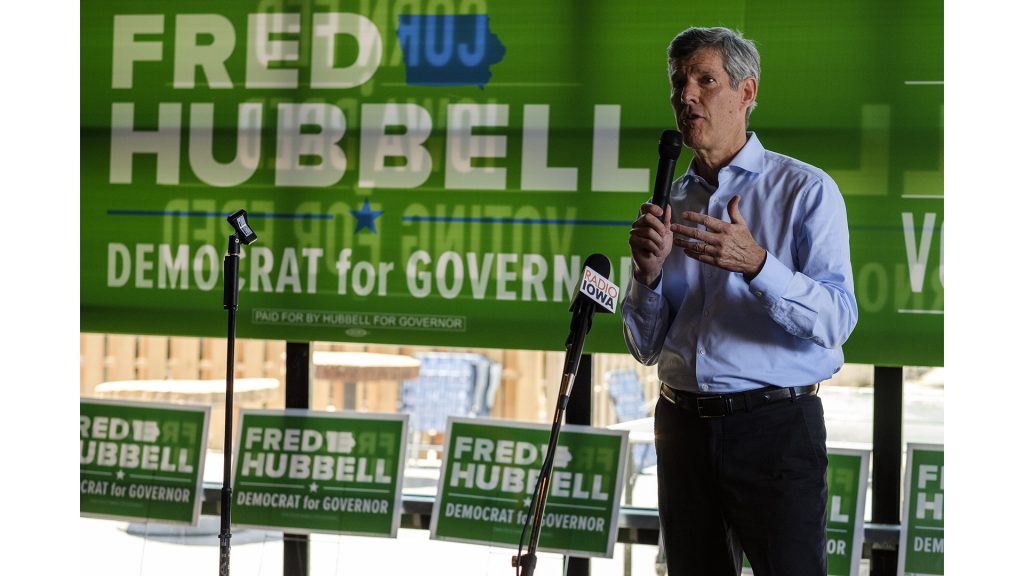If you have seen the results of the June 5 primary, then you know that sadly, Iowa isn’t like California where the top two candidates, regardless of party, are nominated to face off against one another in the general election. Instead, Iowa abides by the traditional party-centered primaries, in which one candidate from each political party is nominated as her or his party’s standard bearer for the general election.
As a consequence, in Iowa, the general election tends to evolve — or perhaps more aptly, devolve — into a partisan blood bath. Anything negatively associated with the “other” party — whether it is even remotely related to the candidate running for office under that party’s label — is used as ammunition in attack ads. For instance, in the coming months, you’ll likely see campaign ads denigrating Democratic Party candidate Fred Hubbell simply because he’s a Democrat. And you’ll likely see campaign ads denigrating incumbent Gov. Kim Reynolds simply because she’s a Republican. Amid all the partisan rhetoric, will you even stop to actually look into each candidate for yourself? Or will you rely on partisan labels to do your decision-making for you?
Yes, knowing that Reynolds is Republican and that Hubbell is Democrat does suggest that Reynolds will abide by typical Republican orthodoxy and that Hubbell will with stick to Democratic orthodoxy. But partisanship is not the only thing that matters when deciding which candidate to choose. Solely using partisanship to make your political decisions is merely the easy thing to do.
If you only use party labels to decide whom to vote for, you don’t have to take the time to learn about the candidates. You just vote for your party’s candidate. But when it comes to making consequential decisions, such as voting, might we be better off not using party lines as our only decision-making factor?
For example, in December 2017 strict partisan voting nearly decided a controversial Senate race in Alabama. Roy Moore, a Republican much-maligned for numerous sexual-misconduct allegations, nearly beat Democrat Doug Jones. In a partisan-less world, Jones would likely have won the election in a landslide. Nevertheless, because Alabama is Republican-leaning state, many Alabama voters found it hard to vote for a Democrat despite the damning allegations against Moore.
Enough Alabama voters were willing to look past partisan labels and ultimately elected Jones; however, to many pundits and citizens the election served as a wake-up call of sorts. Maybe we should stop and actually evaluate the candidates holistically, instead of just voting along party lines?
In light of the Alabama wake-up call, it’s a not a novel thought to set partisanship aside. In the time leading up to November’s general election, I encourage us all to set partisanship aside as we evaluate the candidates. Do not take the easy route and vote solely along partisan lines. Vote for the candidate that you think is BEST for Iowa, and remember that the best candidate is not always the candidate that aligns with your partisanship.



